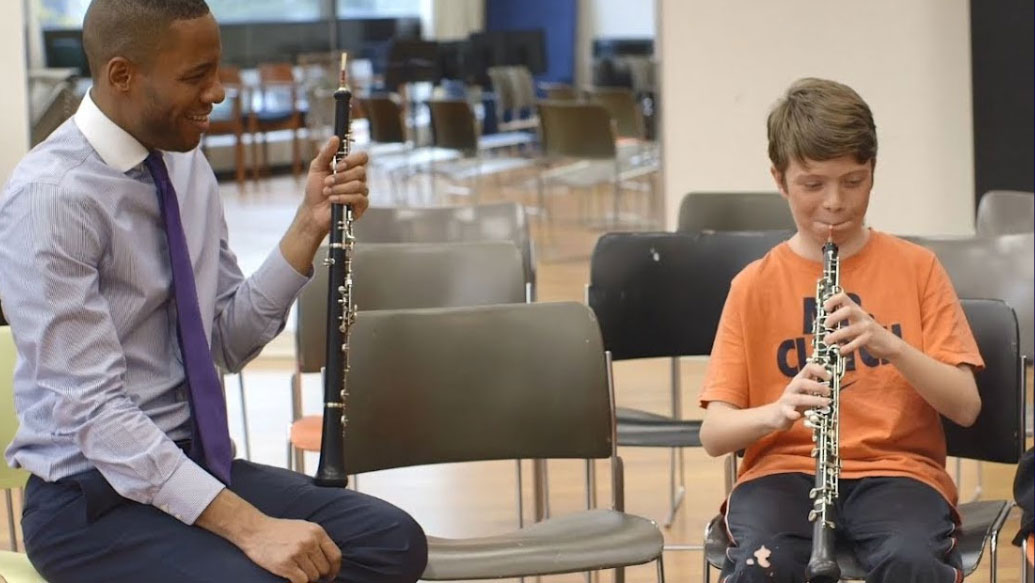Harmony in Education: How Digital Workshops Are Transforming Young Musicians' Learning Experience

Empowering Musical Educators: League of American Orchestras Hosts Innovative Workshop for Youth Music Instruction
On Tuesday, April 15, the League of American Orchestras is set to revolutionize music education with an exciting online workshop designed to transform how musicians and teaching artists approach youth musical learning. This comprehensive two-and-a-half-hour interactive session promises to equip participants with cutting-edge tools and strategies to create dynamic, engaging musical environments for young learners.
The workshop, titled "Shaping a Positive Musical Learning Environment for Youth," will dive deep into essential pedagogical techniques that go beyond traditional music instruction. Participants will explore innovative approaches to student engagement, discover advanced instructional methods, and develop comprehensive frameworks that make musical education both inspiring and effective.
Designed for orchestral musicians, teaching artists, and music educators, this interactive online event offers a unique opportunity to enhance teaching skills, understand modern educational approaches, and create more meaningful connections with young musicians. Attendees will gain practical insights and transformative strategies that can immediately be applied in their educational settings.
Whether you're a seasoned music educator or a passionate teaching artist looking to elevate your instructional approach, this workshop represents a pivotal moment in reimagining youth musical education.
